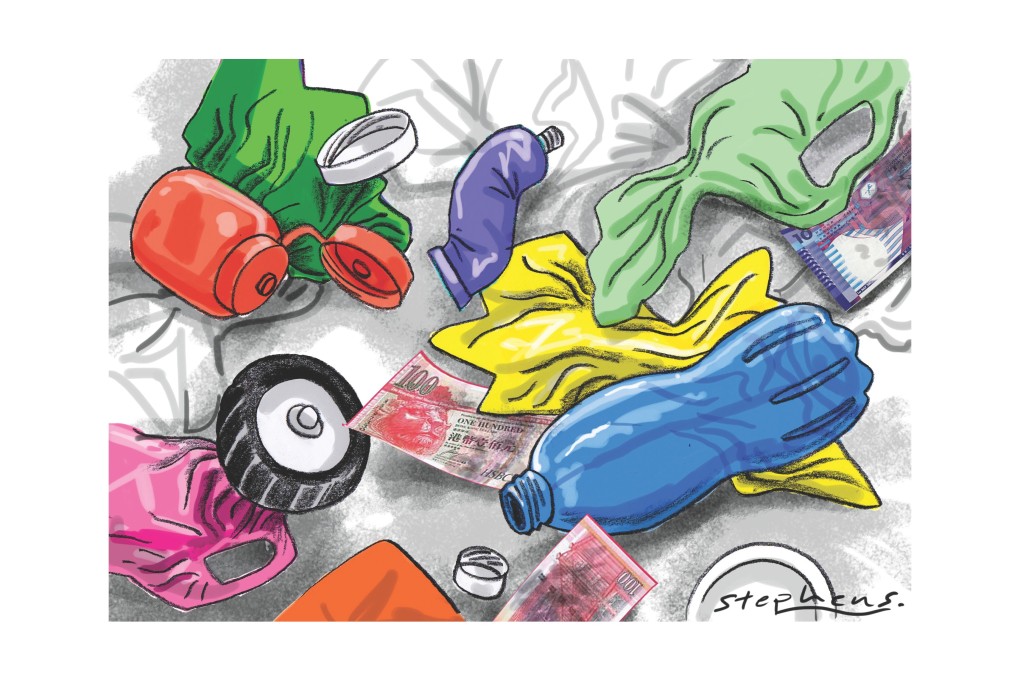Time to put our waste to better use
Doug Woodring says by fixing the problem of our mounting waste - by treating it as a resource - we can create opportunities to address other challenges such as climate change

Some 8 million tonnes of plastic waste makes its way into our oceans every year, according to recent reports. That is the same as placing five garbage bags of trash on every foot of the coastline on our planet. And that is just plastic.
To put the World Bank's estimates of global municipal solid waste production into perspective, it would be like covering all of California in waste to a depth of almost 10 metres each year. And the scary fact is that some predict this figure will double within 15 years, as population growth and consumption take their toll on our resources.
So, it is worth asking, is our waste footprint a bigger concern than climate change? In the scheme of long-term impact, it's hard to say, but what is not hard to say is that most of our communities lack the waste management and recycling infrastructure to keep waste from creating problems in our societies and environment.
Unlike climate change, which affects certain locations at certain times, waste affects billions of people on a daily basis, and it is right under our noses. But because it is not "sexy" in terms of the technology and remediation options that exist for harnessing these resources, and because the waste treatment modus operandi in many countries is controlled by the "old guard", it has proved hard to close the gap between our consumption "outflows", and our ability to channel that material for job creation, innovation, clean water, better tourism and improved societies.
In some ways, waste is the "magic" point from which we could correct some of our bigger environmental ills. Why? Because trash is something everyone can see, feel, touch and also do something about. It is not like carbon, which children can't see, and adults can't judge.
With plastic in particular, the hardest of the municipal solid waste streams to create economies of scale for - due to the wide variety of types and colours - people know that it should not be in the natural environment. Worse, many times, a brand name is associated with that trash. Of course, the companies did not dump it, but to an increasingly aware public, the brand name carries a lot of negative impact for those trying to make their communities a better place.